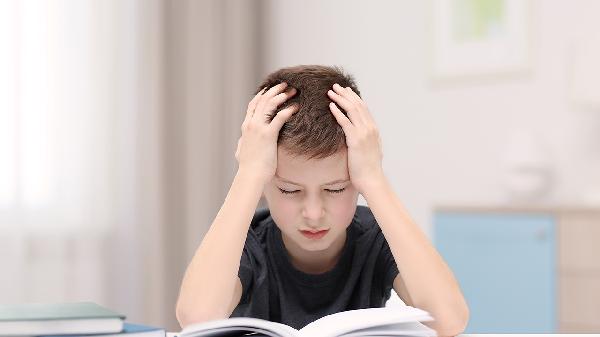Helping your child with ADHD thrive during the school year doesn’t have to feel like herding cats—it’s all about strategy, support, and a little creativity. Whether they struggle with focus, organization, or impulsivity, these six success tips will set them up for a smoother, more productive year. From structuring routines to collaborating with teachers, small tweaks can make a massive difference in their confidence and performance.
Structure is Your Secret Weapon
Kids with ADHD often struggle with time management and transitions, so a predictable routine is like giving them a roadmap for their day. Start with consistent wake-up times, designated homework blocks, and wind-down rituals. Visual schedules (think whiteboards or color-coded planners) help them "see" time instead of just being told about it. Break tasks into bite-sized steps—"study for math quiz" becomes "1. Review notes, 2. Do five practice problems, 3. Flashcards for 10 minutes." And hey, timers aren’t just for cooking; use them to chunk activities ("You’ve got 20 minutes for reading—go!"). The less guesswork, the fewer meltdowns.
Team Up With Teachers Early
Don’t wait for parent-teacher conferences to clue educators in on your child’s needs. Schedule a quick meeting at the start of the year to discuss ADHD-friendly strategies: preferential seating (front row, away from distractions), permission to use fidget tools, or extra time on tests if needed. Many teachers appreciate a one-page "cheat sheet" outlining what works best for your kid—like verbal reminders instead of written ones or movement breaks between subjects. Pro tip: Email check-ins every few weeks keep everyone on the same page without awkward hallway ambushes.
Turn Organization Into a Game
Forget nagging about messy backpacks—make order fun. Try "beat the clock" clean-outs (who can file papers fastest?), color-coded folders for each subject, or a "homework launchpad" (a bin by the door where finished work lives so it never gets lost). Apps like Trello or physical checklists can turn chores into quests with rewards (extra screen time, a favorite snack). And if they lose things constantly? Anchor essentials to bright lanyards or use Tile trackers on key items. The goal: Make systems so simple even a distracted brain can’t mess them up.
Movement = Focus Fuel
ADHD brains crave stimulation, and sitting still for hours is basically torture. Work with the school to incorporate movement: standing desks, stretch breaks, or even discreet resistance bands around chair legs for restless feet. At home, build in "energy burns" before homework—10 minutes of jumping jacks or a dance party. Chewing gum or crunchy snacks can also help channel fidgety energy quietly. Remember, physical activity isn’t just for recess; it’s a reset button for their attention span.
Praise the Process, Not Just Results
Kids with ADHD often hear more about what they did wrong than right. Flip the script by celebrating effort: "You spent 30 minutes on math without getting up—that’s focus!" or "I saw you use your planner today—awesome strategy!" Specific praise reinforces positive habits better than generic "good job"s. Keep a "win jar" where they drop notes about small victories (remembered their lunch, turned in homework on time) to review when they feel discouraged. Progress isn’t always linear, but recognizing tiny steps keeps motivation alive.
Teach Self-Advocacy Skills
As they grow, kids need to understand their own brains and speak up for accommodations. Role-play how to ask a teacher, "Can I walk to the water fountain? I focus better after moving." Help them identify focus zones ("I work best in quiet spaces") and triggers ("Too much noise makes me frustrated"). Books like "The Survival Guide for Kids with ADHD" normalize their experiences. The sooner they see ADHD as a manageable difference—not a flaw—the more confidently they’ll navigate challenges.
ADHD parenting isn’t about perfection; it’s about progress. Some days will feel like two steps forward, one step back, but consistency pays off. Celebrate the small wins, stay flexible when plans flop, and remember—your kid’s vibrant, creative brain is their superpower. With the right tools, they’ll not only survive the school year but start owning their unique way of learning.
























